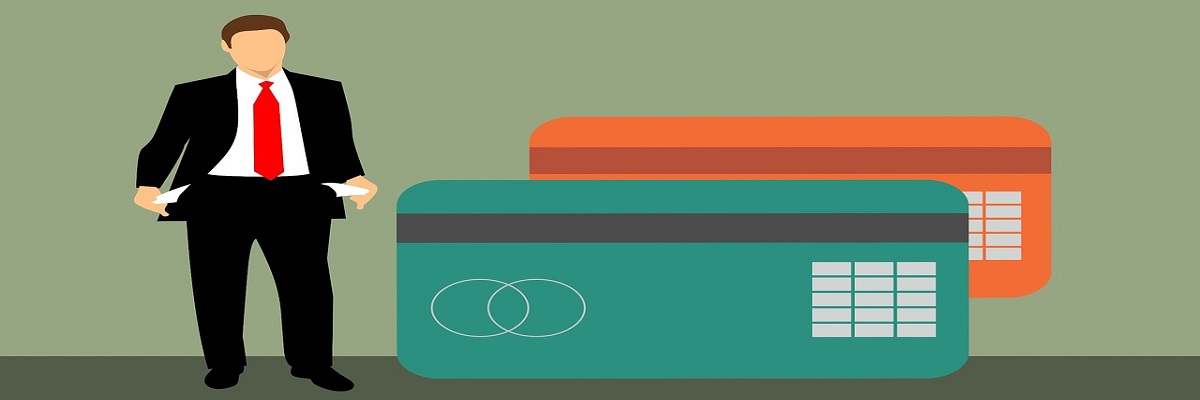Call: 888-297-6203
Medical debts are dischargeable when it comes to a bankruptcy case. In chapter 7 all of your medical and credit card debt is discharged and in chapter 13 most of your medical debts are discharged and the rest of the amount you will have to repay is the plan made.
Filing for chapter 7 bankruptcy for medical debt.
When it comes to chapter 7 all medical debts are dischargeable and it has no limits, as there is no repayment plan set to repay some of the debts. But you will need to pass the chapter 7 means test to see whether or not you can apply for it. The test sees your state’s average income and your disposable income (annual income minus necessary expenses) and if your disposable income is less than the state’s average then you are qualified to apply for chapter 7 bankruptcy.
Your student loans or alimony and some other debts are not dischargeable and you will need to keep up with your health insurance during your case too. The court might start automatic wage garnishment to cover up your non-dischargeable debts.
Filing for chapter 13 bankruptcy for medical debt.
Chapter 13 will discharge some of your medical debt as it will come under one big lump of debt but you will have a repayment plan set to repay the rest of the debt according to the plan. To qualify for chapter 13 bankruptcy you should have a monthly steady disposable income so that you can pay some amount to your creditors every month.
Unlike chapter 7 there is a limit to unsecured debts that can be discharged. Every few years the limits change. If your unsecured debt is under the limit most of your medical bill gets discharged by just paying a fraction of it.
Difference between secured and unsecured debt.
A secured debt is where the creditors are assured that he or they will get their money back if the debtor cannot repay because they have collateral that they can seize. Debts like a car loan or home loan are secured debts.
Unsecured debts are where the creditors don’t have collateral that is they cannot seize the purchase like secured creditors. Credit card debt and medical debts come under unsecured debts.
Priority debt is entirely different, here it does not pay for any property or purchase neither it can be discharged so you will have to repay the creditor even if you file for bankruptcy. Student loans, alimony, and child support are examples of priority debt.
Your total debt is a mix of these 3 types of debts.
Are you feeling lost?
You need to take a credit counseling course and contact good legal counsel. They can help the best and help you on-
- Insurance coverage when you are in debt
- Medicaid and Medicare during bankruptcy
- Seeing medical providers after filing for bankruptcy
- Stopping collection efforts and helping you put an automatic stay on your case.
- Help you with your credit report after filing for bankruptcy.
If you want good legal counsel and if you live near Los Angeles & Dallas, TX, reach the Recovery law group – (888-297-6203).

